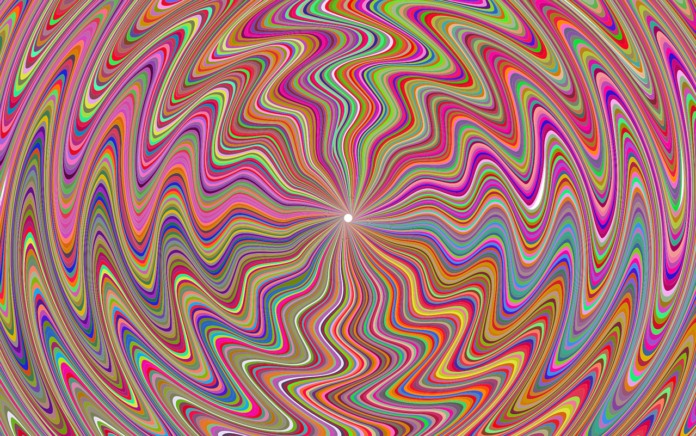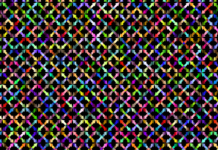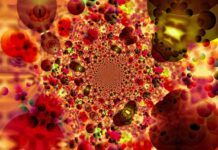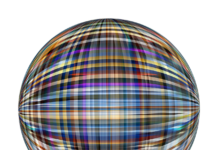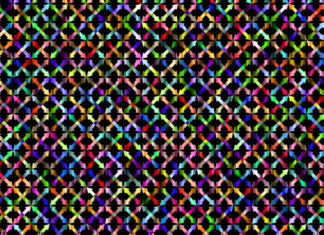Quantum Sensors, an emerging frontier in the realm of quantum technology, represent a revolutionary leap in sensing and measurement capabilities. These sensors leverage the principles of quantum mechanics to achieve remarkable levels of precision and sensitivity in detecting various physical quantities. Quantum Sensors utilize fundamental quantum properties such as superposition and entanglement to surpass the limitations of classical sensors. By harnessing the inherent sensitivity of quantum states and their exquisite response to external perturbations, Quantum Sensors offer unprecedented potential for applications ranging from fundamental physics research to cutting-edge technologies in healthcare, environmental monitoring, defense, and beyond.
At the heart of Quantum Sensors lies the unique ability to exploit quantum phenomena to achieve precision beyond the reach of classical sensors. Quantum principles such as superposition, where a quantum system can exist in a combination of multiple states simultaneously, and entanglement, where the states of multiple particles are interconnected and correlated, enable Quantum Sensors to surpass classical limits. These properties allow quantum systems to detect and measure minute changes in external conditions, making Quantum Sensors highly attractive for a broad spectrum of applications. The harnessing of these quantum properties in sensing technologies ushers in an era of unprecedented accuracy and sensitivity, promising transformative advancements across various domains.
One of the most prominent areas where Quantum Sensors have exhibited substantial potential is quantum metrology. Quantum metrology focuses on using quantum principles to enhance measurement precision and accuracy. Quantum Sensors, being at the forefront of quantum metrology, offer the ability to measure physical quantities such as time, frequency, magnetic fields, and electric fields with unparalleled precision. For instance, atomic clocks based on quantum principles have revolutionized timekeeping and navigation systems. The precision and stability of atomic clocks are instrumental in technologies like GPS, telecommunications, and synchronization of power grids. Quantum Sensors have the potential to enhance these capabilities further, paving the way for even more accurate measurements in the future.
Furthermore, Quantum Sensors have demonstrated remarkable promise in the field of quantum-enhanced imaging. Quantum imaging techniques exploit quantum entanglement and quantum correlations to improve image resolution and sensitivity. Quantum-enhanced imaging can be used in various applications, including medical imaging, microscopy, and remote sensing. Quantum Sensors in this domain can significantly advance medical diagnostics and treatments, enabling high-resolution imaging for early disease detection and monitoring. Moreover, quantum-enhanced imaging holds potential in environmental monitoring and surveillance, where precise imaging can aid in studying ecological systems and addressing environmental challenges.
Quantum Sensors represent a cutting-edge frontier in sensing technology, leveraging the fascinating principles of quantum mechanics to achieve unprecedented precision and sensitivity. Their unique ability to harness quantum phenomena such as superposition and entanglement positions them as powerful tools with transformative potential across various domains. Quantum Sensors hold promise in revolutionizing measurement capabilities, enhancing imaging technologies, and enabling advancements in fundamental research. As research and development in the field of quantum technology continue to progress, Quantum Sensors are poised to play a pivotal role in shaping the future of sensing and measurement, unlocking a realm of opportunities for scientific discovery and technological innovation.
Quantum Sensors have also shown significant promise in quantum communication and quantum cryptography. Quantum communication is founded on the principle of quantum entanglement, which allows the secure transmission of information. Quantum Sensors play a crucial role in detecting and measuring quantum states, facilitating the creation and manipulation of quantum entanglement for secure communication protocols like quantum key distribution (QKD). QKD provides an unbreakable method of transmitting encryption keys, ensuring utmost security in data transmission. The advancements in Quantum Sensors contribute to the development of quantum networks and secure communication infrastructures, paving the way for the future of secure communications.
The integration of Quantum Sensors with quantum computing holds potential for quantum-enhanced computing capabilities. Quantum computing aims to leverage the principles of quantum mechanics to perform complex computations at an exponentially faster rate than classical computers. Quantum Sensors play a critical role in the control and measurement of quantum bits (qubits), the fundamental units of quantum information in quantum computing. By enabling precise control and readout of qubits, Quantum Sensors contribute to the development of quantum algorithms, quantum simulations, and quantum-enhanced optimization, which are anticipated to have a profound impact on diverse fields such as drug discovery, materials science, and financial modeling.
Quantum Sensors also exhibit immense promise in gravitational wave detection, offering the potential to revolutionize gravitational wave astronomy. Gravitational waves, ripples in the fabric of spacetime, are produced by catastrophic cosmic events such as the merging of black holes or neutron stars. The extremely weak nature of gravitational waves requires highly sensitive sensors for their detection. Quantum Sensors, with their exceptional sensitivity, can significantly enhance gravitational wave detectors, opening new horizons for the observation and understanding of the universe. The development of Quantum Sensors for gravitational wave astronomy is a testament to the transformative potential of quantum technology in the field of astrophysics.
Moreover, Quantum Sensors play a crucial role in exploring fundamental questions in physics, such as the nature of dark matter and dark energy, or in verifying the principles of quantum mechanics. These sensors can detect and measure faint signals from elusive particles, shedding light on the mysteries of the universe. Furthermore, Quantum Sensors are being applied in the field of material science, offering the ability to study and manipulate materials at the quantum level, providing insights into novel materials and their properties.
In conclusion, Quantum Sensors stand at the forefront of scientific and technological innovation, leveraging the intriguing principles of quantum mechanics to redefine sensing capabilities. Their potential spans across a multitude of domains, from enhancing metrology and imaging to revolutionizing quantum communication, computing, and gravitational wave detection. The journey of Quantum Sensors is marked by continuous advancements, pushing the boundaries of what is possible in measurement precision and sensitivity. As research and development in the realm of quantum technology surge forward, Quantum Sensors are poised to become indispensable tools, propelling us into a future where quantum-enhanced sensing plays a central role in scientific discoveries and technological breakthroughs.



